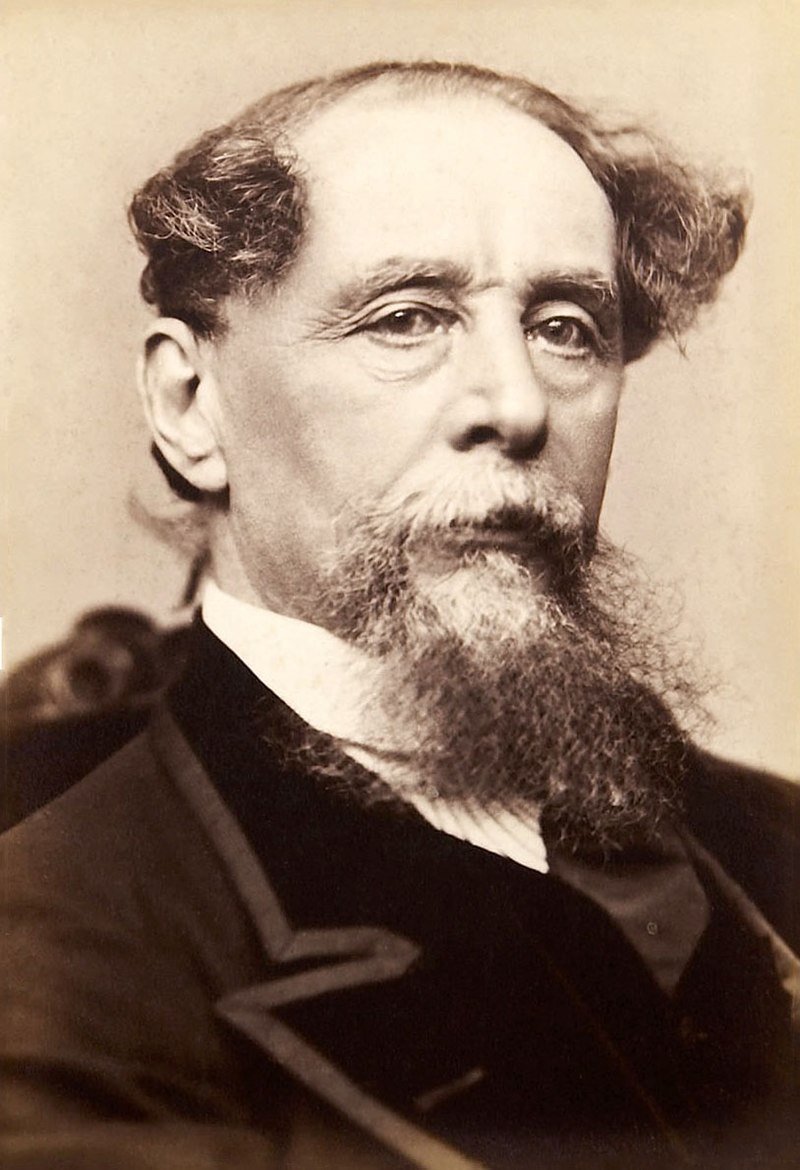Who Is The First Famous Writer?
Imagine a world without the written word. No books to transport us to far-off lands, no stories to ignite our imaginations, and no knowledge passed down through generations. It’s truly mind-boggling to think about. But have you ever wondered who paved the way for the literary world as we know it today? Who is the first famous writer? Well, my friend, get ready to embark on a journey through the annals of history as we uncover the answer to this intriguing question.
In the vast expanse of time, there was one individual who emerged as the pioneer of the written word, forever etching their name in the annals of literary history. This literary trailblazer, whose identity we shall soon reveal, set the stage for countless writers to follow in their footsteps. They were the one who ignited the spark that would eventually give birth to the vibrant tapestry of literature we know and love today. So, without further ado, let us delve into the mists of time and uncover the identity of the first famous writer. Get ready to be amazed!
While it is difficult to determine the exact first famous writer in history, one of the earliest known authors is considered to be Enheduanna, a Mesopotamian princess who lived around 2300 BCE. She is credited with writing a collection of hymns and poems that were highly influential in Sumerian society. Enheduanna’s works were so significant that she became known as the world’s first poetess.

Who Is the First Famous Writer?
The world of literature is filled with countless talented writers who have left an indelible mark on the literary landscape. But who can claim the title of being the first famous writer? While it is difficult to pinpoint the exact individual who holds this distinction, there are several early writers who are widely recognized as pioneers in the field of literature. In this article, we will explore the lives and works of these influential figures and delve into their lasting impact on the world of writing.
One of the earliest known writers in history is Enheduanna, a priestess and poet who lived in ancient Mesopotamia around 2300 BCE. She is widely regarded as the first named author in history and is credited with composing a collection of hymns and prayers honoring the Sumerian goddess Inanna. Enheduanna’s writings were not only religious in nature but also showcased her poetic skill and mastery of the written word. Her work set a precedent for future writers and established a tradition of literary expression that continues to this day.
Another notable early writer is Homer, the legendary Greek poet who is believed to have lived around the 8th century BCE. Although the exact details of Homer’s life remain shrouded in mystery, his epic poems, the Iliad and the Odyssey, have become foundational texts in Western literature. These works are not only revered for their narrative brilliance but also for their exploration of universal themes such as heroism, love, and the human condition. Homer’s influence on subsequent generations of writers cannot be overstated, and his works continue to be studied and celebrated around the world.
Moving forward in time, we encounter the Chinese philosopher and writer Confucius, who lived during the 5th century BCE. While primarily known for his philosophical teachings, Confucius also left behind a collection of writings known as the Analects. These texts contain his teachings on ethics, morality, and good governance, and have had a profound impact on Chinese culture and society. Confucius’ emphasis on education and social harmony continues to resonate with people today and has made him one of the most influential figures in Chinese history.
In ancient India, the first famous writer is often attributed to Valmiki, the author of the epic poem Ramayana. This Sanskrit epic tells the story of Prince Rama and his quest to rescue his wife Sita from the demon king Ravana. Valmiki’s work not only serves as a rich source of mythology and religious teachings but also explores complex themes such as love, honor, and the nature of good and evil. The Ramayana continues to be cherished by millions of people and has been adapted into various forms of art and literature across different cultures.
While these individuals are often recognized as some of the earliest famous writers, it is important to note that the concept of fame and recognition in literature has evolved over time. The criteria for what makes a writer famous can vary depending on cultural and historical contexts. Nonetheless, the contributions of these early writers have laid the foundation for the development of literature as we know it today.
In conclusion, the question of who is the first famous writer does not have a definitive answer. However, the figures mentioned in this article, such as Enheduanna, Homer, Confucius, and Valmiki, are widely acknowledged as influential pioneers in the world of writing. Their works continue to be studied, celebrated, and cherished for their literary brilliance and enduring impact on human culture. As we delve into the rich history of literature, it is important to recognize and appreciate the contributions of these early writers who paved the way for generations of talented wordsmiths to come.
Key Takeaways: Who is the First Famous Writer?
- The first famous writer in history is considered to be Enheduanna, a poet and priestess from ancient Mesopotamia.
- Enheduanna lived around 2300 BCE and wrote hymns and poems dedicated to the goddess Inanna.
- Her works were influential and widely recognized, making her the first recorded writer to achieve fame for her literary contributions.
- Enheduanna’s writings showcased her talent and creativity, leaving a lasting impact on the history of literature.
- Her legacy as the first famous writer highlights the importance of women’s contributions to the world of writing and creativity.
Frequently Asked Questions
Here are some frequently asked questions about the first famous writer:
1. Who is considered to be the first famous writer?
Throughout history, many individuals have made significant contributions to the world of literature. While it is challenging to pinpoint the exact first famous writer, one name that often comes up is Homer. Homer is believed to have lived in the 8th century BCE and is credited with writing two of the most influential works in Western literature – the Iliad and the Odyssey.
Homer’s poems are considered foundational texts in the literary canon and have had a profound impact on subsequent generations of writers. Although there were likely writers before Homer, his works have endured the test of time and continue to be celebrated today.
2. Why is Homer considered an influential writer?
Homer’s influence as a writer stems from the timeless themes and captivating storytelling found in his works. The Iliad and the Odyssey delve into the human experience, exploring concepts such as heroism, love, and the pursuit of personal and societal identity.
Furthermore, Homer’s use of poetic devices, vivid imagery, and memorable characters have captivated readers for centuries. His works have been studied, analyzed, and adapted by countless scholars, writers, and artists, ensuring their enduring legacy in the literary world.
3. Were there any famous writers before Homer?
While Homer is often regarded as one of the earliest famous writers, it is important to recognize that there were likely writers before him whose works have been lost to time. The development of writing systems and the preservation of texts were gradual processes that evolved over centuries.
Unfortunately, due to the lack of surviving written records, it is challenging to determine the identities of these early writers. However, archaeological discoveries and ancient oral traditions provide glimpses into the literary traditions that predate Homer.
4. What impact did Homer’s works have on later writers?
Homer’s works served as a foundation for Western literature and influenced countless writers throughout history. His epic poems inspired generations of authors, poets, and playwrights to explore similar themes and narrative structures.
For example, ancient Greek playwrights like Aeschylus, Sophocles, and Euripides drew inspiration from Homer’s characters and stories. Even in modern times, writers such as James Joyce and Margaret Atwood have referenced or adapted elements from Homer’s works in their own writing.
5. Are there any other contenders for the title of the first famous writer?
While Homer is often considered a strong contender for the title of the first famous writer, it is worth noting that there were other ancient civilizations with their own rich literary traditions. The Sumerians, for instance, produced an extensive body of written works as early as the 3rd millennium BCE.
Additionally, ancient Egyptian civilization boasted a vibrant literary culture, with texts such as the Pyramid Texts and the Book of the Dead dating back to the Old Kingdom period. These early writings offer valuable insights into the development of literature and storytelling in different regions of the world.
Who was the world’s first author? – Soraya Field Fiorio
Final Summary: The First Famous Writer
As we delve into the question of who the first famous writer was, we uncover a rich tapestry of literary history. While it is impossible to pinpoint a singular individual as the definitive first famous writer, there are several notable figures who have left an indelible mark on the world of literature.
One such figure is Enheduanna, a poet and priestess from ancient Mesopotamia. Her works, dating back to the 23rd century BCE, were some of the earliest known writings by an individual. Enheduanna’s poetry, filled with emotion and spirituality, laid the foundation for future generations of writers to explore the depths of human experience.
Moving forward in time, we encounter the likes of Homer, the legendary Greek poet whose epic poems, the Iliad and the Odyssey, captivated audiences with their tales of heroism and adventure. Homer’s influence on subsequent generations of writers cannot be overstated, as his works became the cornerstone of Western literature.
Jumping ahead to the Middle Ages, we encounter figures such as Geoffrey Chaucer, whose Canterbury Tales brought together a diverse cast of characters and showcased the power of storytelling. Chaucer’s wit, humor, and keen observation of human nature continue to resonate with readers today.
In conclusion, while we may never definitively identify the first famous writer, we can appreciate the contributions of individuals like Enheduanna, Homer, and Chaucer, who paved the way for the rich literary tradition we enjoy today. Their works continue to inspire and captivate, reminding us of the timeless power of storytelling. So, let us celebrate these literary pioneers and continue to explore the vast world of literature they have bequeathed to us.





